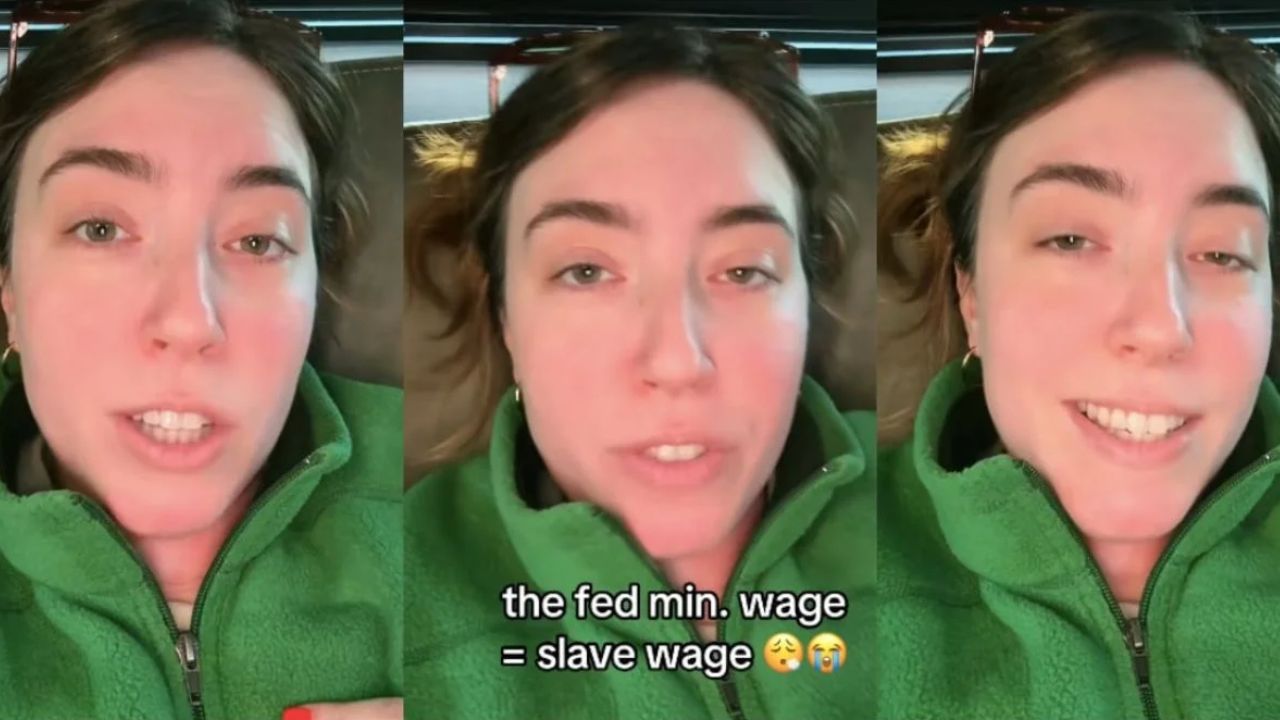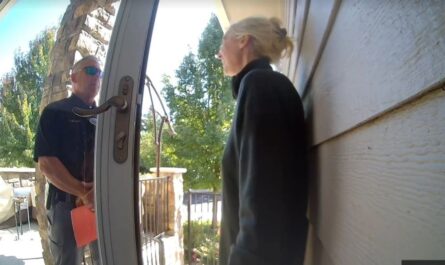Saint Helens, OR – A TikTok creator from Oregon has ignited a national conversation by highlighting the stark disparities in minimum wage across the United States and demanding livable wages that reflect today’s cost of living. Drawing from her experiences living in both Oregon and Louisiana, she boldly compared low wages to “modern-day slavery,” urging urgent federal reform.
Her viral video has resonated deeply with workers across the country who face similar struggles, spotlighting the urgent need for a wage system that fairly compensates labor in every state.
The Wage Divide: Oregon vs. Louisiana
Shell on Earth, a content creator from Saint Helens, Oregon, stunned viewers by contrasting Oregon’s minimum wage—ranging between $15 and $16 an hour—with Louisiana’s static federal minimum wage of $7.25 an hour. She explained the harsh reality many workers face:
“One bag of groceries costs your entire day’s work. Can you imagine making fifty dollars a day for your hard work, all day long?”
She emphasized that even the $15/hr wage in Oregon is insufficient to meet basic needs, describing the entire system as:
“A setup that keeps working people poor while billionaires thrive.”
- Key Point: Wage disparities between states leave many workers earning less than half of what others make.
- Reality Check: Many low-wage earners cannot afford rent, transportation, or healthcare despite working full-time.
Public Shock and the Call for Fairness
Shell recounted how her new coworkers were shocked learning about Louisiana’s wage laws, expressing disbelief that some Americans are still expected to survive on $7.25 an hour.
She challenged the common notion that low wages are a result of insufficient education, stressing the societal value of every job:
“Every job in society is important — the janitor, the fast food worker, the delivery driver — none of these people should be living paycheck to paycheck. We’re all part of what keeps this country running.”
- Thousands responded to her message on TikTok, sharing similar frustrations from states like Alabama where wages remain low despite rising living costs.
- Comments highlighted the inequality between the struggling working class and the wealth accumulated by the top 1%.
Moving Beyond Skill: A Matter of Survival
The conversation further evolved as users emphasized that wage issues are not about skill deficits but the survival of workers who keep the economy functional. The “work harder” argument was widely criticized as outdated given decades of stagnant wages amidst rising inflation.
“If every low-wage worker disappeared tomorrow, society would collapse. We need to value their labor,” a viewer commented.
Read Also: Texas Girl Heroically Saves Brother from Choking During Trampoline Play with Quick Thinking
Shell’s closing call in her viral video was a plea for federal wage reform ensuring affordability for all workers, regardless of job title:
“It’s not about handouts — it’s about fairness. No one should have to work full-time and still be broke.”
The Broader Context and Urgency for Change
This discussion taps into broader national debates on minimum wage standards and economic justice. For more details on this evolving story, visit FatCityFeed.com.
Key Takeaways:
- Significant wage disparities exist across states, with many still at federal minimum wage levels.
- Current wages often fail to cover basic living expenses such as food, housing, and healthcare.
- The narrative that wages correlate solely to education or skill overlooks the essential nature of all work.
- There is growing public support for increasing the federal minimum wage to keep pace with inflation and cost of living.
What do you think about this urgent call for nationwide livable wages? Share your thoughts in the comments below!


 by
by 

